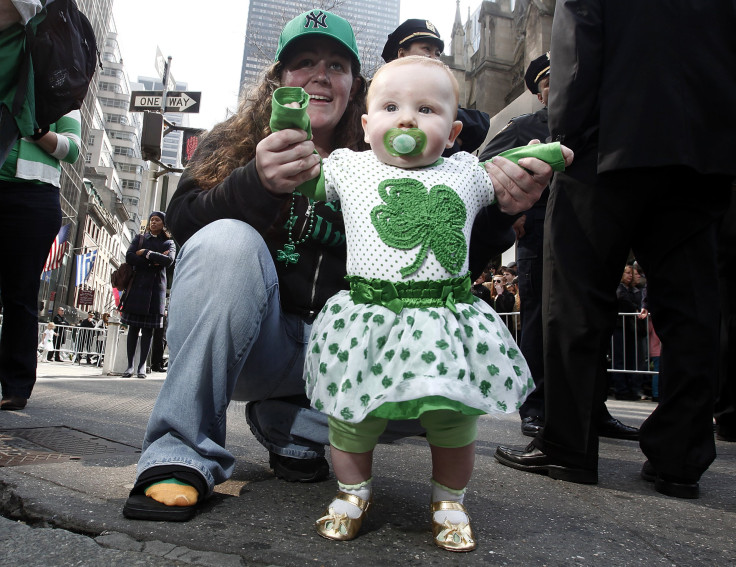Children Born to Older Moms Are Healthier and More Socially Adept

Older mothers give their children a better start to life. Higher education, stable income and marriage help moms provide a better environment for the child.
The number of women opting to have children later in life has tripled in the last two decades, especially in developed countries like the U.S., UK and New Zealand. Earlier studies have shown that older mothers have a greater risk of pre-term babies and babies born with disorders. Late motherhood has also been associated with increased risk of health complications for the mother as well. However, new research from UK suggests that older moms can give a better start to a child's life.
Researchers from University College London found that children born to older mothers are less likely to be hospitalized and suffer injuries are more likely to have all immunizations by nine months. The children of older moms are also better at language and face fewer social and emotional problems when compared to children born to young mothers.
The study included more than 78,000 children between the ages of 9 months and 5 years. The mothers were between the ages of 13 and 57.
Researchers found that, after taking into account family income and environment, children born to older mothers have low rates of hospitalizations and unintentional injuries. The risk of the child having an accident declined from 9.5 percent when the mother was 20 years old to 6.1 percent when she was 40 years old.
The chances of the child being vaccinated at nine months also increased from 94 percent when the mother's age was 20 to 98 percent when the mother was 40 years or above.
According to researchers, children born to older mothers have a higher chance of being overweight. But, this association occurs when the mother has higher body mass index and not because of her age.
Researchers said that more studies were required to explore the relation between maternal age and wellbeing of the child. They, however, add that this study will address some of the doubts raised by women who want to opt for fertility treatments.
"Finally, the results of this study are relevant to concerns raised about older people seeking to use fertility treatments and possible risks posed to children delivered by older mothers," authors concluded.
A recent study had indicated that women who give birth to babies after age 30 are at lower risk of developing womb-related cancer.
The study is published in the journal BMJ.
Published by Medicaldaily.com



























